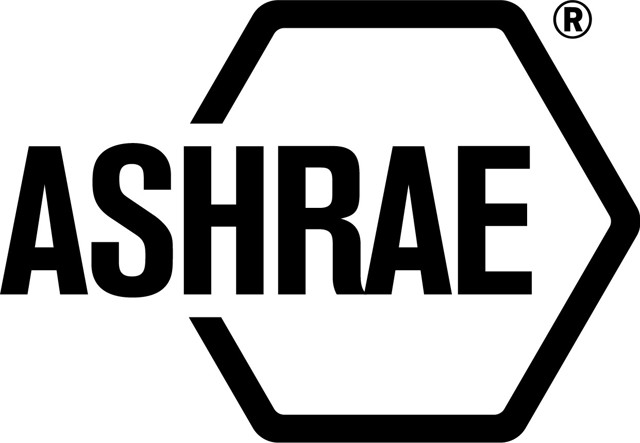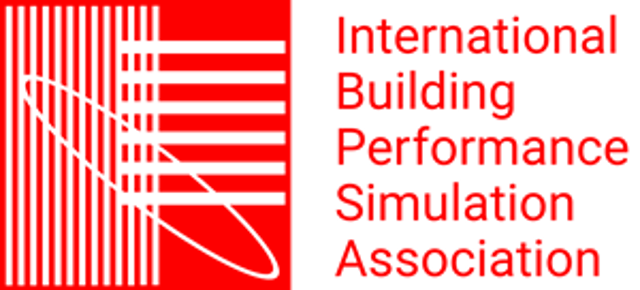Fit for 2050 – Redesigning Spaces for Wellbeing, Inclusivity, and Sustainable Performance
The CIBSE Technical Symposium focuses on creating healthy, inclusive, and high-performance building environments that address the needs of both occupants and the planet. The event will highlight emerging technologies, strategies, and frameworks that drive the next generation of building design and performance. Topics will range from inclusive design—creating spaces that cater to diverse needs such as neurodiversity and sensory inclusion—to indoor air quality (IAQ), and address the broader implications of climate resilience, retrofit and technological advances in building services design.
Get Involved
Paper submissions for the 2026 CIBSE Technical Symposium are now closed.
You can still get involved in the 2026 CIBSE Technical Symposium by becoming a reviewer or sponsoring the symposium.
If you have any questions, please email [email protected]
2026 Submission Topics
Paper submission for the 2026 CIBSE Technical Symposium is now closed. We invited submissions on the following topics.
Designing healthy, inclusive, and active environments that support mental, physical, and emotional health.
Creating spaces that are accessible to all, addressing neurodiversity, sensory inclusion, and diverse user needs.
Exploring emerging technologies, innovative materials, and design approaches that enable low-carbon, energy-efficient cooling in response to global climate challenges.
Exploring how next-generation cooling solutions can be designed to respond to current and future climate challenges, enhancing resilience, occupant comfort, and operational efficiency.
Innovation in reducing embodied carbon and advancing circular design in building services.
Exchanging knowledge on how health and well-being standards can meet the unique environmental, social, and economic needs of diverse regions and communities.
Strategies for improving IAQ and sustaining momentum in ventilation and air quality
Approaches to energy-efficient heating solutions that support the transition to net zero.
Frameworks, tools, and models for cross-sector collaboration - between academia, industry, and government - in building design and delivery.
Using data and benchmarking to optimise building systems and improve long-term performance.
Leveraging artificial intelligence to optimise design, performance, and sustainability.


